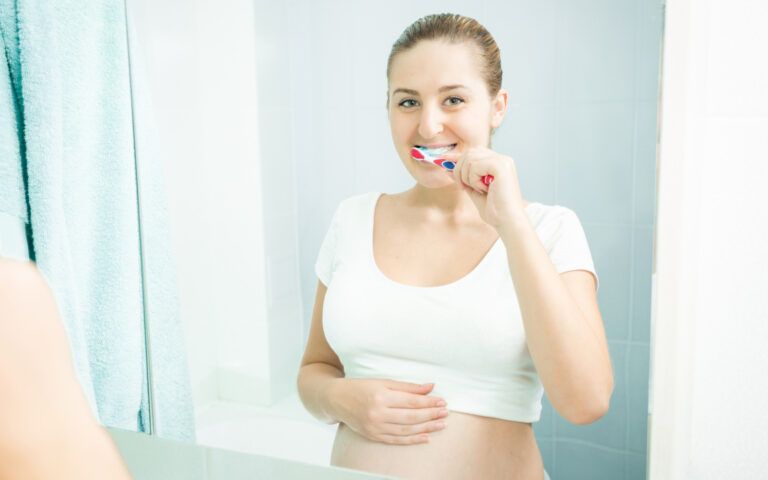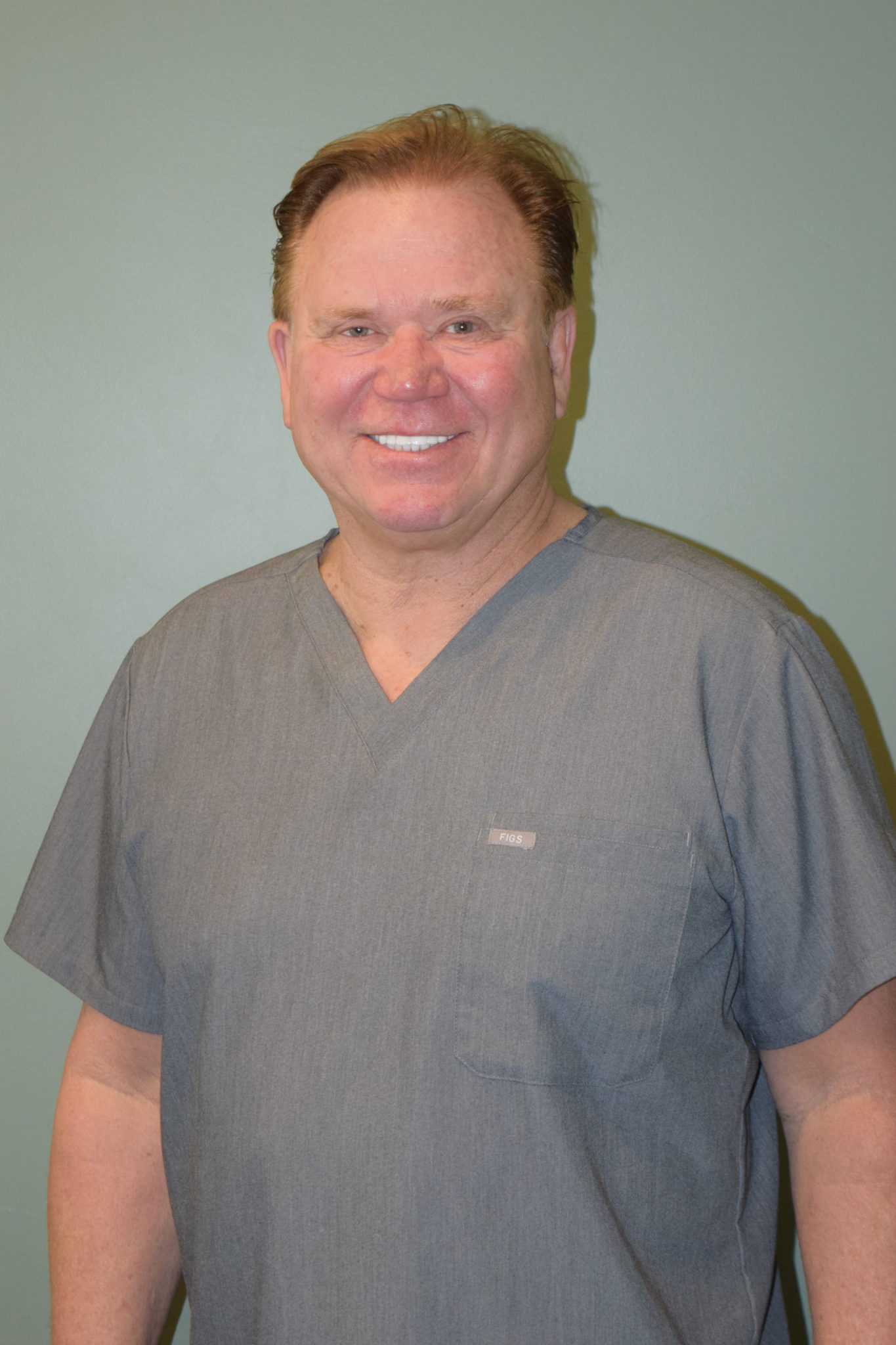Can You Get Dentistry Done While Pregnant?

Pregnancy can be a transformative time filled with excitement, anticipation, and drastic changes to your health. Maintaining good oral health during pregnancy can be challenging due to the unexpected changes the body goes through. At Sunset Dental Group, we’re here to help pregnant, soon-to-be mothers receive the dental care they need. In this article, we’ll be dispelling any misconceptions about dental care and pregnancy and guide what to do, what to avoid, and how to care for your teeth during pregnancy.
Which Dental Procedures Are Safe During Pregnancy?
Deciding when to visit the dentist when pregnant can be perplexing. As your body becomes more sensitive to tastes, smells, and other ailments, the hormonal changes in your body mean that you have to be extra particular about your body and your growing baby.
However, it is crucial to prioritize your dental health during pregnancy, as certain oral problems can exasperate pregnancies and potentially lead to complications. For instance, gum disease is more prominent in women due to the influx of hormones such as estrogen and progesterone, and gum disease has been linked to preterm births in previous studies.
So, what should a soon-to-be mother do in these circumstances?
- Your dentist will most likely provide follow-up exams and continuously monitor your progress alongside your pregnancy care team to check in with your oral health. These follow-up appointments are important because it allows your dentist to track any oncoming symptoms, such as new cavities, gingivitis, and dry mouth, as these are issues that can interfere with your pregnancy.
- Beyond your regular checkups, restorative treatments can be performed during your pregnancy as long as the risk of infection is minimal at best. Most often, it’s recommended that any dental work should be scheduled during the first or second trimester at the latest to prevent the risk of infection to your baby. Some examples of dental work that can be performed include cavity fillings, crown placements, and veneers.
- In emergency scenarios, seeking treatment to help correct the problem before it worsens or becomes infected is essential. Traumatized teeth, broken teeth, or dislodged teeth require immediate care, as the damage left from the event can lead to infections that harm your pregnancy.
- Elective procedures such as teeth whitening and fluoride treatments should be postponed after your delivery, as these procedures only expose risks to your immune system and aren’t considered necessary for your overall health.
- If you’re worried about medications impacting your pregnancy, then your dentist will be able to inform you about the medication’s side effects. However, most medications your dentist prescribes are considered safe for your pregnancy and include options such as penicillin, amoxicillin, and clindamycin.
- When it comes to X-rays, most routine X-rays are postponed until after delivery, but X-rays are considered safe to use when they’re required for dental procedures and dental emergencies.
Receive Exceptional Dental Care During Pregnancy at Sunset Dental Group
Expectant mothers can maintain a healthy smile while safeguarding their overall well-being by prioritizing regular dental checkups, practicing good oral hygiene, and seeking timely treatment when necessary. Sunset Dental Group is committed to providing safe and compassionate dental care for expectant mothers, supporting their oral health throughout pregnancy. Contact us today at (714) 547-6671 to schedule a visit with Dr. Amanda Rae Kronquist and Zakary Adam Kronquist at our Santa Ana, CA, location.

Recent Comments